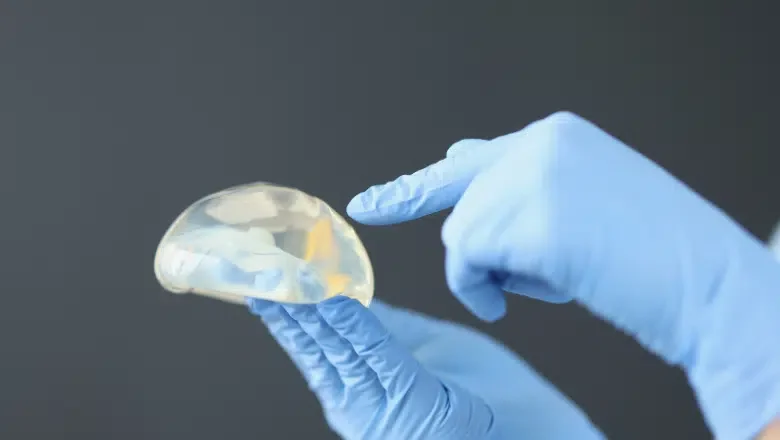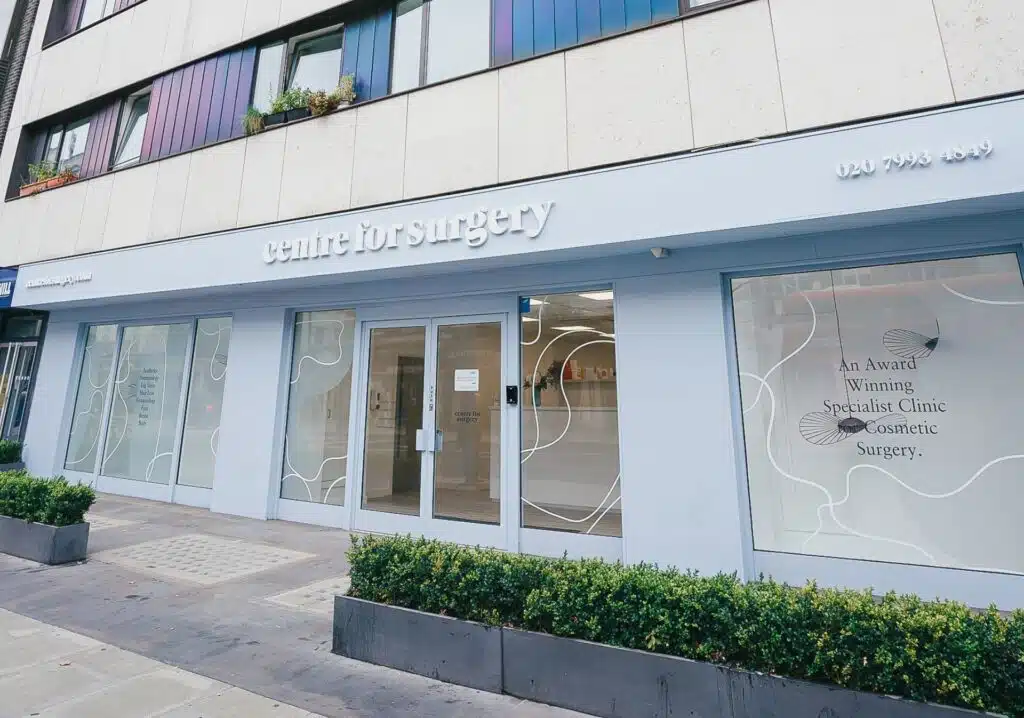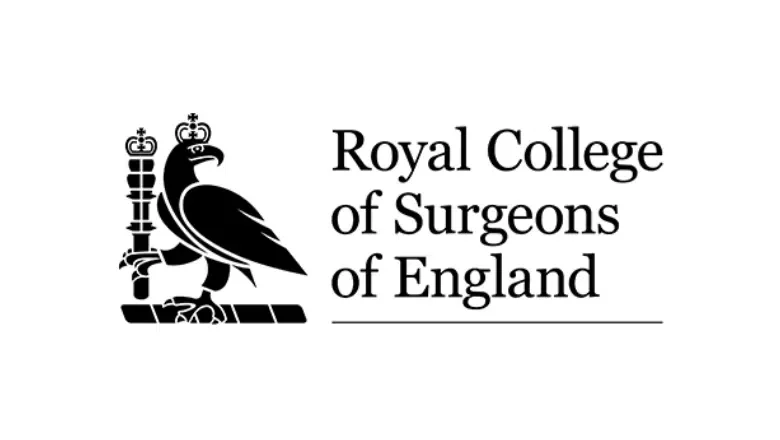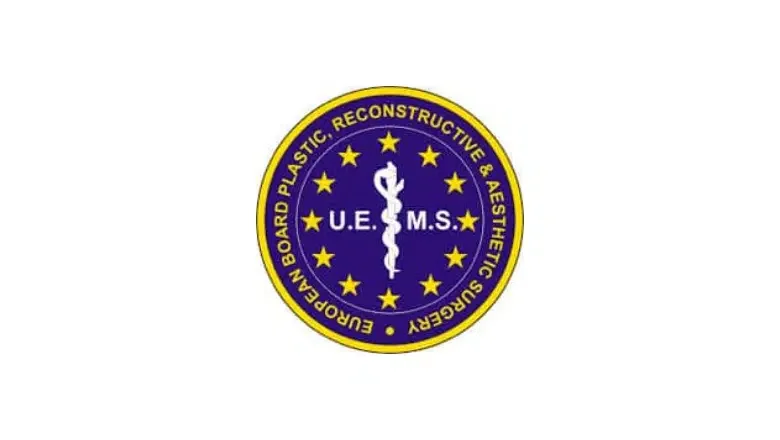Understanding and Managing Capsular Contracture After Breast Augmentation
When artificial materials, such as breast implants, are introduced into the body for breast augmentation, scar tissue can form around the implant. This is a natural response as the body tries to isolate the foreign object. In some instances, this scar tissue can become problematic. While many individuals may develop this tissue without feeling any discomfort or even noticing its presence, others may experience the tissue tightening around the implant. This can result in the implant becoming hard, misshapen, and causing pain. This condition is known as capsular contracture.
Identifying Capsular Contracture
Initially, capsular contracture might not present any noticeable symptoms. During these early stages, there is typically no need for treatment. However, as the condition progresses, it can cause significant problems. To evaluate the severity of capsular contracture, a grading system is used:
- Grade I: At this stage, there are no symptoms. The breasts feel soft and look normal.
- Grade II: The breasts may begin to feel slightly firmer but still appear normal.
- Grade III: The breasts start to look distorted and feel firm to the touch.
- Grade IV: This is the most severe grade, where the breasts are hard, visibly distorted, and may cause physical pain.
When you first receive breast implants, there’s no definitive way to predict whether you will develop capsular contracture. The exact cause of this condition remains unclear, and it can occur unpredictably.
RELATED: 3 Breast Implant Safety Considerations To Know About
Treatment Options for Capsular Contracture
There are primarily two breast revision surgical options available to treat capsular contracture:
- Breast Capsulotomy: This procedure involves releasing the capsules internally around the implant.
- Breast Capsulectomy: This involves the removal of the capsule completely.
RELATED: En bloc Capsulectomy – Is it Right for Me?
The choice of treatment depends on the specific nature of the capsules in your case. It’s noteworthy that breast implants with a polyurethane coating have a significantly lower risk of developing capsular contracture.
Capsular Contracture Surgery: What to Expect
Capsular contracture surgery is performed under Total Intravenous Anaesthesia (TIVA). This type of anaesthetic allows the procedure to be done as day surgery, meaning you can go home the same day after the effects of the anaesthetic wear off. The surgery typically takes between two to three hours.
The surgeon will make the incision using your existing scar to avoid creating a new scar. The location of this scar can vary; it might be under the breast, near the armpit, or around the areola, depending on where your original incision was made.
During the surgery, the surgeon will perform either a capsulotomy or a capsulectomy. In most instances, your old implants will be replaced with new ones. This entire process ensures that the hard or misshapen tissue is addressed and the aesthetic appearance of the breasts is restored.
Recovery After Surgery
Post-operative recovery from capsular contracture surgery involves some bruising, swelling, and discomfort. Pain medication will be provided to help manage these symptoms.
The day after surgery, you should be able to walk around and engage in light activities. However, it’s crucial to avoid any strenuous activities for about four to five weeks to ensure proper healing.
Your surgeon will typically use the old scar during the operation, meaning no additional scarring will occur beyond what was already present.
Potential Side Effects and Recurrence
Although the surgical procedure effectively removes the problematic capsules, there is always a possibility that capsular contracture could return. Individuals who have experienced this condition once are at a higher risk of recurrence. If you are concerned about the potential for recurrence, there are measures you can take to minimise this risk:
- Undergoing a Capsulectomy: This involves the complete removal of the implant, which can reduce the chances of recurrence.
- Opting for Polyurethane-Coated Implants: Replacing your implants with ones that have a polyurethane coating can significantly lower the risk of developing capsular contracture again.
Book Your Consultation with a Surgeon at Centre for Surgery Today
Looking to enhance your appearance and boost your confidence? Centre for Surgery in London offers expert plastic surgery consultations with highly qualified surgeons. Our clinic, located at 95-97 Baker Street, provides a range of cosmetic surgery options tailored to meet your individual needs.
Why Choose Centre for Surgery?
- Expert Surgeons: Our team consists of top surgeons specialising in various cosmetic procedures.
- Comprehensive Care: From initial consultation to postoperative care, we ensure a smooth and supportive experience.
- State-of-the-Art Facility: Our clinic is equipped with the latest technology to ensure the best possible outcomes.
- Personalised Approach: Each consultation is tailored to understand your goals and develop a customised treatment plan.
How to Book a Consultation
Booking a consultation at Centre for Surgery is straightforward:
- Call Us: Reach out to our friendly team at 0207 993 4849.
- Email Us: Send your queries or appointment requests to contact@centreforsurgery.com.
- Online Contact Form: Visit our contact page and fill out the form for a prompt response.
Finance Options
We offer flexible finance options, including 0% APR with Chrysalis Finance, to help you manage the cost of your procedure. For more information, visit our finance options page.
Visit Our Blog
Stay informed of the latest trends and updates in plastic surgery by visiting our blog.
Take the first step towards achieving your aesthetic goals. Contact Centre for Surgery today to schedule your consultation and discover how we can help you look and feel your best.
For more information, call us today or drop by our clinic at 95-97 Baker Street, London W1U 6RN.










